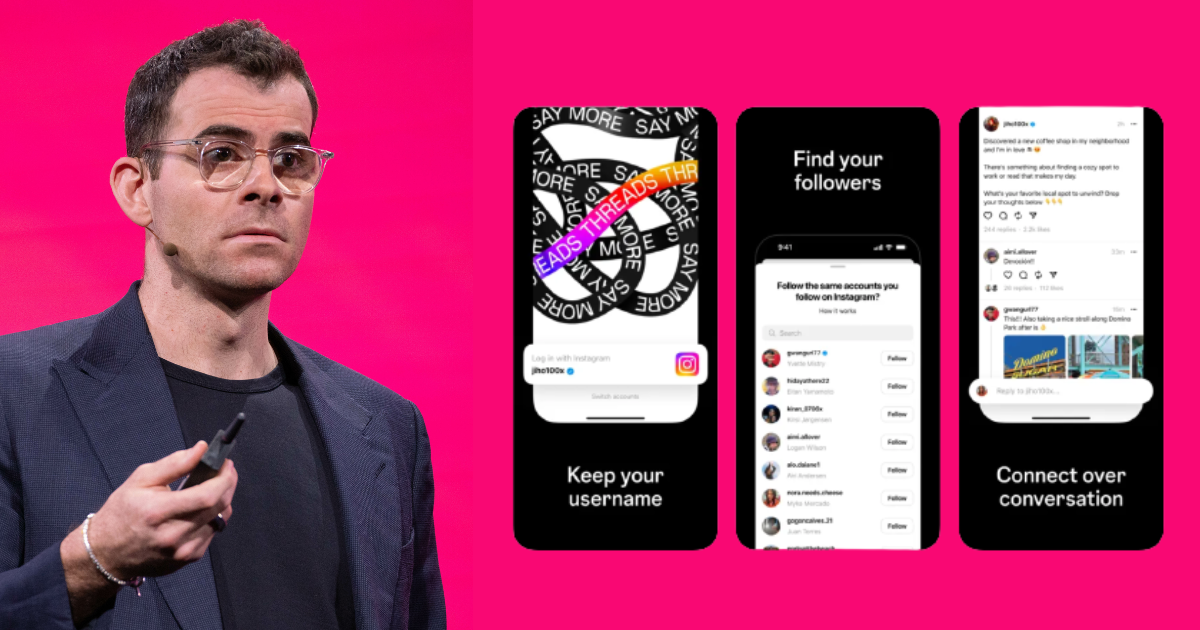In a surprising revelation, Meta appears to be uninterested in cultivating its new app, Threads, as a hub for breaking news and world events. Adam Mosseri, the head of Instagram and the default spokesperson for Threads, recently stated that Meta’s goal is not to replace Twitter but to create a “public square for communities on Instagram” and provide a “less angry place for conversations.” Mosseri believes that politics and hard news come with scrutiny, negativity, and integrity risks that outweigh any incremental engagement or revenue they might generate.
This perspective from Mosseri raises concerns and draws parallels to Facebook’s past attempts at presenting itself as a neutral platform for connection. Despite this portrayal, Facebook has been known to incentivize certain types of content and behavior, contributing to polarization and extremism. Mosseri, being the former head of Facebook’s News Feed, is well aware of these issues but seems to draw the wrong lessons from them.
Following Facebook’s controversial role in the 2016 U.S. presidential election and the Capitol attack on January 6, the company chose to rebrand as Meta. However, Mosseri’s notion of creating a social network that remains detached from influencing the world seems unachievable and naive. Politics and hard news will inevitably find their way onto Threads, potentially leading to the spread of extremism and misinformation without the necessary counterbalancing efforts from Meta.
Moreover, Meta’s lack of interest in supporting journalism is evident. The company has a history of extracting value from news organizations while providing minimal compensation in return. Currently, Meta is blocking news access in Canada as a protest against a new law requiring compensation for publishers. This stands in stark contrast to Mosseri’s vision of a virtual public square devoid of journalistic influence.
The notion of a public square or town hall, often evoked by social media executives, encompasses not only commerce but also culture and political discourse. Mark Zuckerberg, the founder of Facebook and a self-proclaimed lover of Classics, should recognize that public squares historically served as gathering places for political engagement and news dissemination.
Meta’s focus on a commodified version of public life saturated with advertising aligns with the company’s narrow vision. However, it is disheartening to witness a promising Twitter successor like Threads show little interest in engaging with the world and its important issues. As social media platforms continue to play a significant role in shaping public discourse, it becomes crucial for companies like Meta to recognize their responsibilities and actively promote informed and constructive conversations.



![[CITYPNG.COM]White Google Play PlayStore Logo – 1500×1500](https://startupnews.fyi/wp-content/uploads/2025/08/CITYPNG.COMWhite-Google-Play-PlayStore-Logo-1500x1500-1-630x630.png)